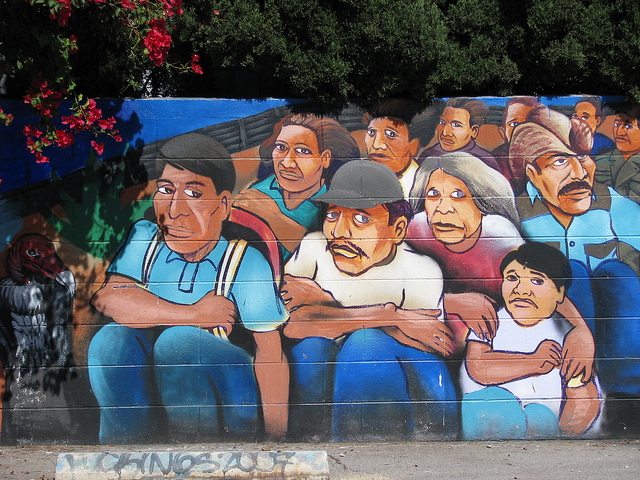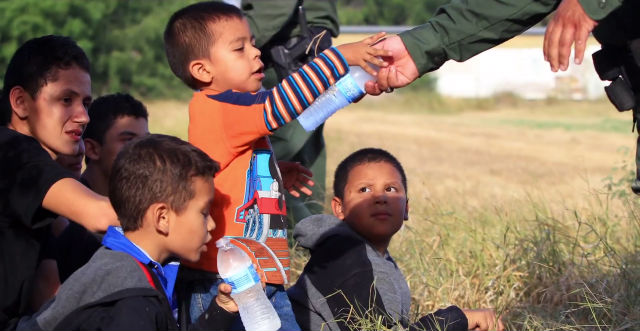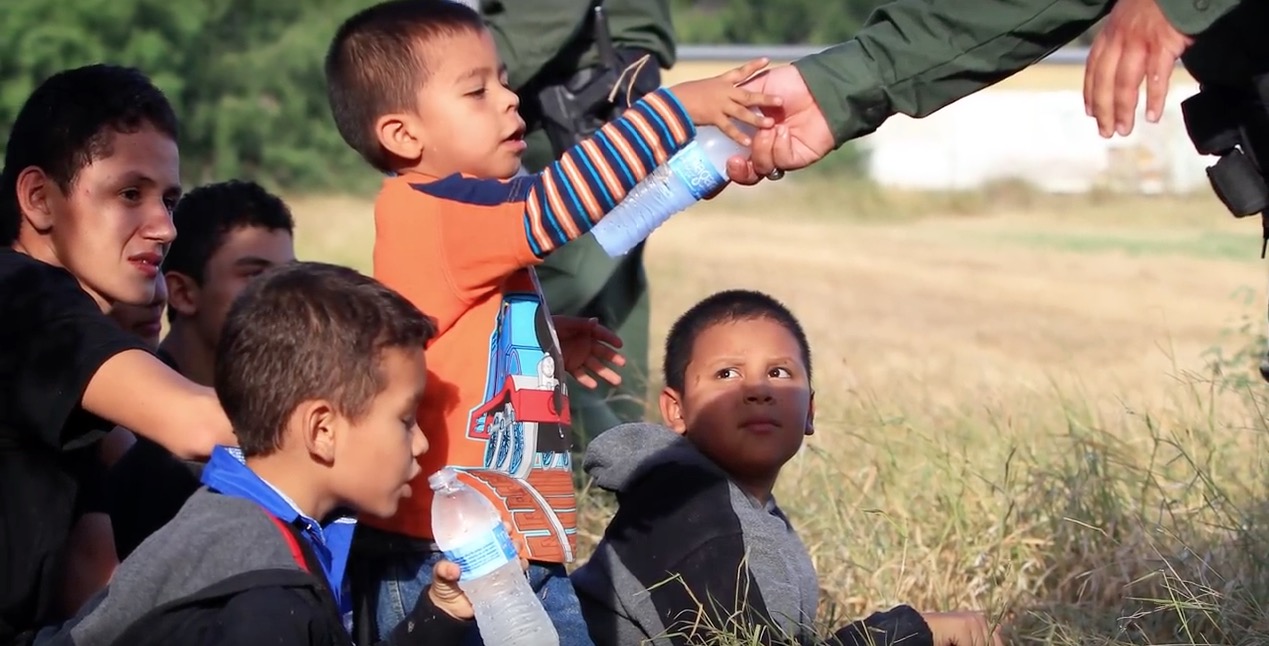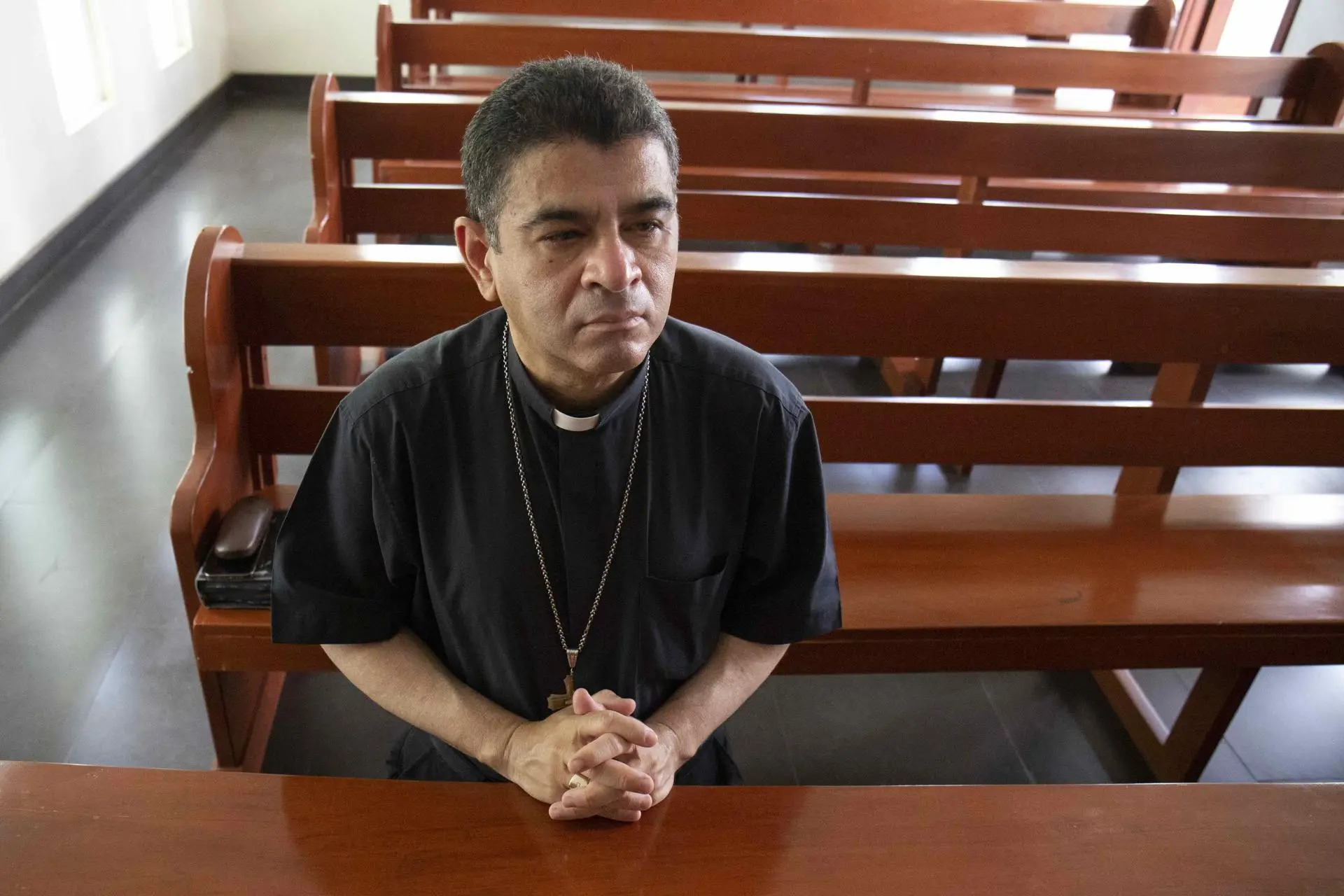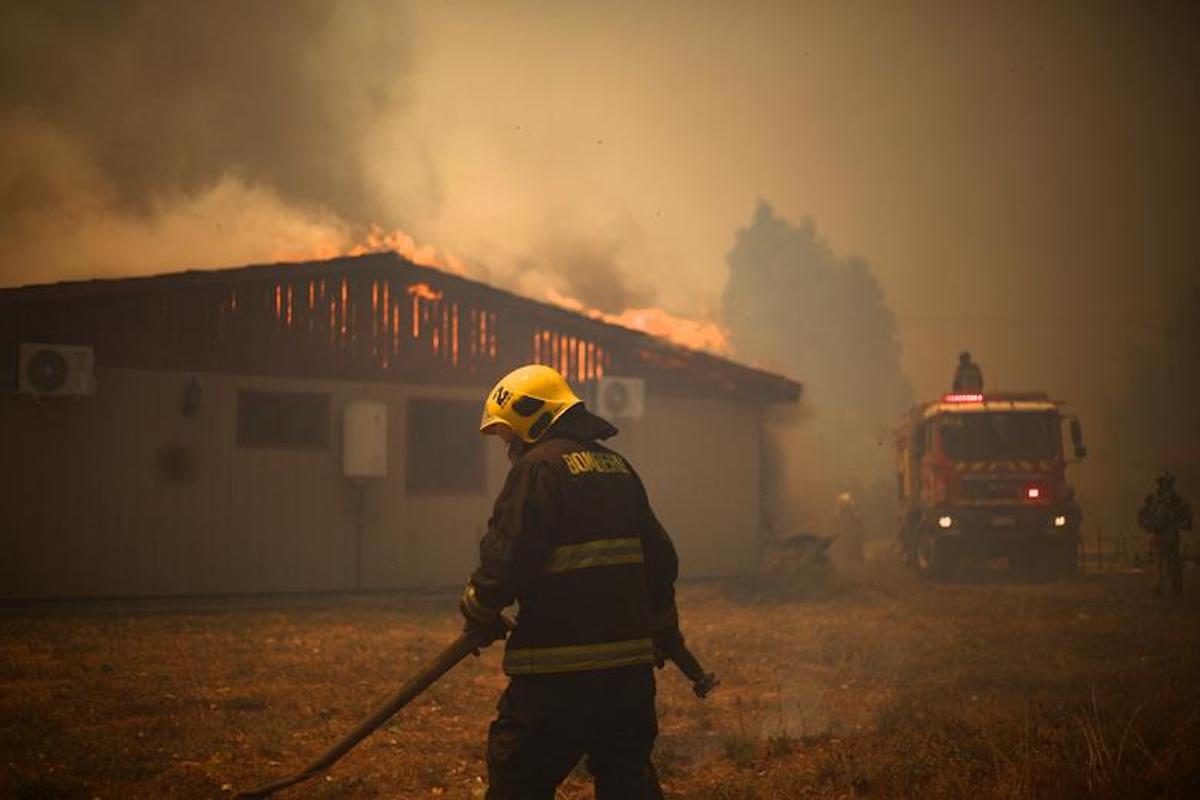
North America
Wildfires Ravage Chile
February 6, 2023 By Staff
CHILE: Wildfires raging in Chile since Thursday, Feb. 2 have left at least 24 dead and nearly 1,000 injured as of Sunday. A State of Emergency was declared in the three central regions of Araucanía, Biobío and Ñuble.
Ten people have been arrested for alleged involvement in the fires that have destroyed at least 270,000 hectares in central and southern Chile, informed the Chilean government.
President Gabriel Boric traveled Sunday to the Biobío region to attend the wake of Yesenia Muñoz, a volunteer firefighter who died on Friday fighting flames.
At least 800 homes have been destroyed and nearly 1,500 people seek shelter while record temperatures of over 40C (104F) complicate firefighting efforts. International aid and assistance is flowing in from several countries including Brazil, Colombia, Peru and Argentina.
SOUTHERN CONE
BRAZIL: Brazil sank a decommissioned aircraft carrier in the Atlantic Ocean on Friday, ignoring protests from environmentalists that warned about the asbestos, mercury, lead and other toxic substances that would be released into the sea upon the ship’s sinking.
The Brazilian Navy stated that the operation was a “planned and controlled sinking” that would “avoid logistical, operational, environmental and economic losses” to Brazil.
A joint statement from environmental organizations Greenpeace and Sea Shepherd published Friday accused Brazil of violating the Basel Convention, Stockholm Convention on Persistent Organic Pollutants and the London Convention and Protocol.
ANDES
PERU: The Peruvian government declared a State of Emergency across several regions of Peru in response to continued protests early Sunday morning. The 60-day decree authorized the military to support police in restoring public order and the “suspension” of constitutional rights such as freedom of movement and assembly.
The decision comes after Congress decided to shelve President Dina Boluarte’s bill to move elections ahead to 2023 on Friday, striking down a key demand of protestors who have been marching across the country for several weeks. The bill cannot be considered until the new legislative year begins in July.
ECUADOR: Over 13 million Ecuadorians took to the polls on Sunday to vote in local elections and answer an eight-question referendum that determines whether or not President Guillermo Lasso can force his opposition to concede on key reforms.
Lasso, who has been governing with no congressional support, hoped to revalidate his approval through the referendum in which Ecuadorians voted on issues including extradition, the justice system, the reduction of legislators in Congress and environmental protection.
As of 5 a.m. Monday, some results have been published by the National Electoral Council. Votes counted so far show a 54% rejection of Lasso’s proposed extradition policy.
CARIBBEAN
HAITI: Four suspects in the killing of Haiti’s president appeared in U.S. federal court on Wednesday. Former President Jovenel Moïse was assassinated in his private home outside Port-au-Prince on July 7, 2021. Haitian-Americans James Solage, Joseph Vincent and Colombian citizen Germán Rivera García are all accused of conspiring to commit murder outside the U.S. Christian Emmanuel Sanon, who is also Haitian-American is charged with conspiring to smuggle goods from the United States.
If convicted, Solage, Vincent and Rivera García will face up to life in prison. Sanon faces up to 20 years if convicted. Seven suspects in the case are now in the U.S. facing charges for their part in the assassination.
PUERTO RICO: Salinas, an industrial town on Puerto Rico’s southeast coast is considered one of the most contaminated regions in the U.S. territories. For years, residents have complained about a range of health problems—including cancer and Alzheimer’s—resulting from toxic ash and noxious chemicals from coal-fired and thermoelectric power plants.
The town of 26,000 people is located in between a coal-burning power plant and two of the island’s largest thermoelectric plants. With one of the highest rates of cancer in Puerto Rico, the community is demanding a clean-up and penalties for those contaminating the region.
CENTRAL AMERICA
EL SALVADOR: The Salvadoran government opened the largest prison in Latin America on Friday. The entire compound spans 45 miles and has capacity for up to 40,000 inmates. Named the Center for Terrorism Confinement, the facility is located in a rural area 47 miles from San Salvador.
The prison comes after President Nayib Bukele began making mass arrests of people with suspected gang affiliations. Last spring, over 36,000 people were arrested in just two months. Though Bukele says the arrests are making El Salvador a safer place, many organizations and advocates have called the arrests “a massive human rights violation.”
NICARAGUA: Nicaraguan authorities arrested 24 settlers on Friday after they allegedly attacked an Indigenous community with sticks, stones and machetes. The arrested settlers were taken to a jail near Managua where they will be charged with organized crime, land seizure and environmental crimes.
The territory belongs to the Miskito and the Mayangna, who have been attacked on their land several times in recent years. At least 28 Indigenous leaders and community members have been killed in the attacks, most of which were committed by settlers on Indigenous land. Despite this arrest, authorities have been slow to investigate such attacks in the past and many remain skeptical of further investigation into the case.
NORTH AMERICA
UNITED STATES: Afro Latino scholars and activists voiced disbelief and criticism over Florida Gov. DeSantis’ rejection of the College Board’s new Advanced Placement African American studies course. Desantis has publically and persistently denounced it, stating in one instance that it “significantly lacks educational value,” and associating it with the controversial concept of “critical race theory.”
Many within Florida’s Afro Latino community have pushed back against DeSantis’ claims, highlighting the importance of a curriculum distinct from history, in which intersectionality is taught explicitly. Last week, the College Board released a revised curriculum, taking into account the conservative backlash that the initial version faced.
MEXICO: A special investigation by Reuters revealed new details in the controversy surrounding Cuauhtémoc Blanco, a former Mexican soccer star and the governor of the Mexican state of Morales. Blanco, who entered politics in 2018, has been under scrutiny since Jan. 2022, when an image of him with three alleged drug traffickers was published by a Mexican newspaper.
Reuters revealed another incident, not previously reported, which led Attorney General Uriel Carmona to file a complaint against Blanco. At an event attended by both prominent figures, Blanco allegedly threatened Carmona, another prosecutor and their families. The report also identifies unreported assets in Blanco’s name.
